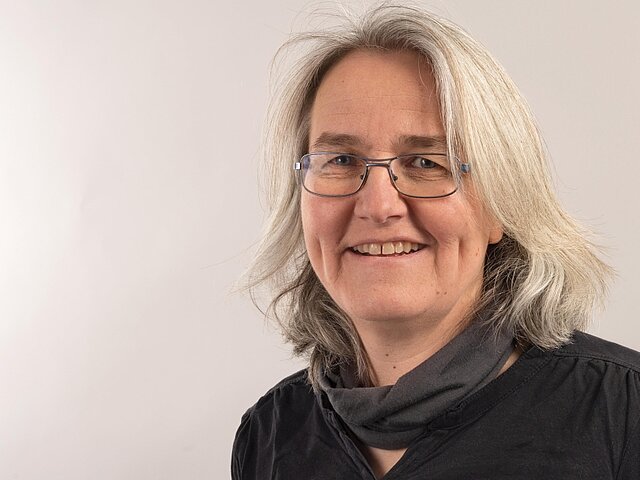Urban Planning
Urban development with vision – integrate, protect, design
Due to increasing urbanization and the concept of the compact city, a wide range of topics must be considered in urban planning. In addition to climatic aspects, emissions from air, light, and noise must also be taken into account. Müller-BBM supports municipalities, planners, and investors with solid expertise and practical consulting to identify conflicts early and develop solutions. Furthermore, through our research activities, we present new innovative approaches to our clients, thereby contributing to the development of high-quality urban districts.
Our Expertise in Urban planning
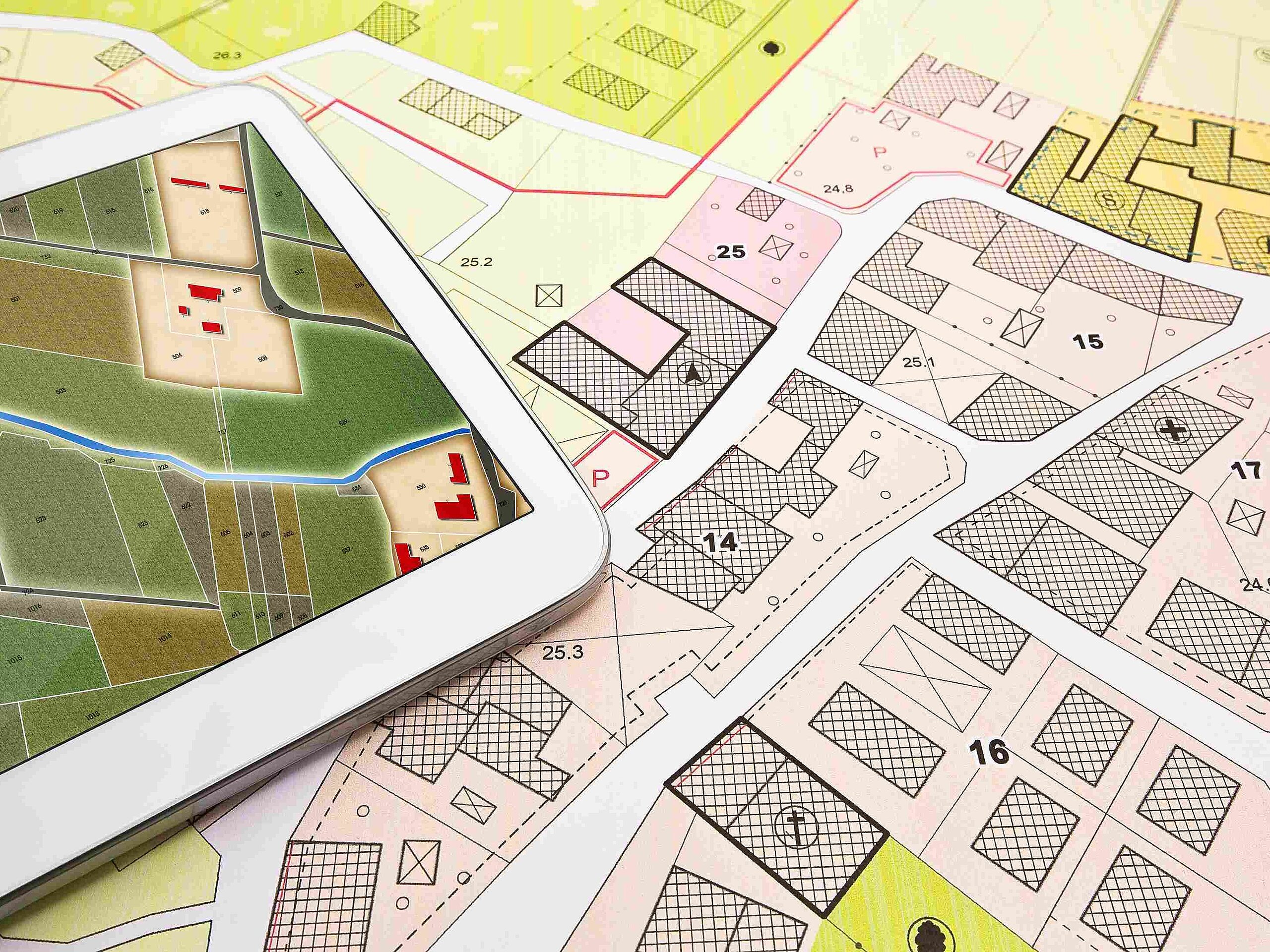
Zoning and Land-Use Planning
Urban Land-Use Planning is the central instrument of municipal urban development. It defines how land can be used—whether for residential, commercial, transportation, or green spaces. This process must harmonize urban planning, ecological, technical, and social aspects. Müller-BBM Industry Solutions GmbH supports cities and municipalities with interdisciplinary expertise—particularly in the areas of emission control, environmental assessments, and technical expert reports.
Both environmental impacts affecting the planning area and those caused by it (e.g., noise from traffic, industry, sports and leisure, air pollutants, vibrations, etc.) are identified and assessed according to legal requirements.
In cases of conflict, we work closely with our clients to develop concepts and measures to reduce emissions (such as emission quotas according to DIN 45691, designation of noise level zones, active and passive noise protection measures) to ensure compliance with legal standards.
Your Benefits:
- Early Problem Detection: Conflicts can be identified early and addressed during the planning process, allowing for timely and strategic resolution.
- Long-Term Planning Security: Well-founded expert reports with recommendations for conflict resolution ensure that environmental protection is comprehensively and cross-disciplinarily addressed in land-use planning procedures.
- Communication and Collaboration: Close cooperation between experts, planners, clients, authorities, and political bodies promotes smooth communication and more efficient project execution.
- Sustainable Urban Development: Environmental and health-related concerns are integratively considered—for livable and future-proof spaces.

Feasibility Studies
Feasibility studies are a key tool in urban planning, used to evaluate the viability of projects early and comprehensively. They analyze technical, legal, economic, and environmental conditions, providing a solid basis for decision-making for municipalities, investors, and planning offices.
The goal of such studies is to identify risks early, compare alternatives, and develop viable solutions that meet both legal requirements and planning objectives.
Your Benefits:
- Planning Certainty: By identifying conflicts early – such as noise or air pollution – projects can be realistically assessed and approval risks minimized.
- Efficiency Gains: Comparative analyses and planning recommendations help allocate resources effectively and avoid unnecessary planning loops.
- Increased Acceptance: A transparent, professionally grounded feasibility study builds trust among authorities, political bodies, and the public – an essential factor for the successful implementation of complex projects.
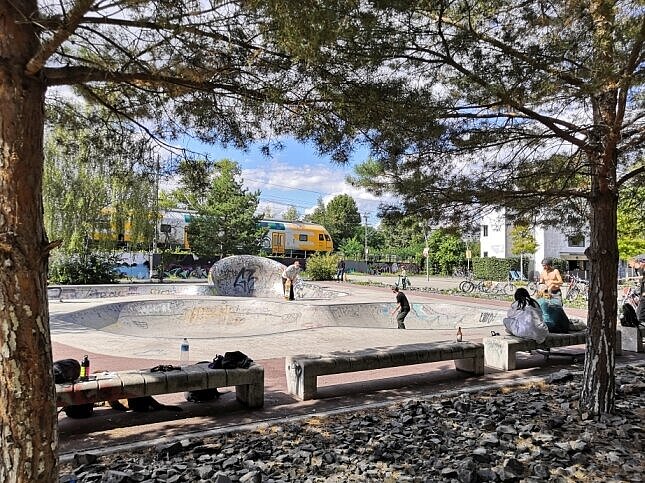
Urban Sound Design
Cities have a sound – sometimes loud, sometimes quiet, sometimes vibrant. The acoustic character of urban spaces is shaped by architecture, usage, and planning. While noise is often the focus, urban sound design goes further: it also considers positive acoustic experiences such as the trickling of a fountain or the lively chatter at a market.
Müller-BBM takes a holistic approach: beyond traditional noise control, we specifically analyze and shape sound qualities – creating livable, identity-forming urban environments.
Your Benefits:
- Early Conflict Avoidance: Potential noise issues are identified and mitigated during the planning phase.
- Enhanced Quality of Stay: Pleasant soundscapes promote well-being and encourage the use of public spaces.
- Value Creation: A harmonious urban sound environment can sustainably increase attractiveness and property value.
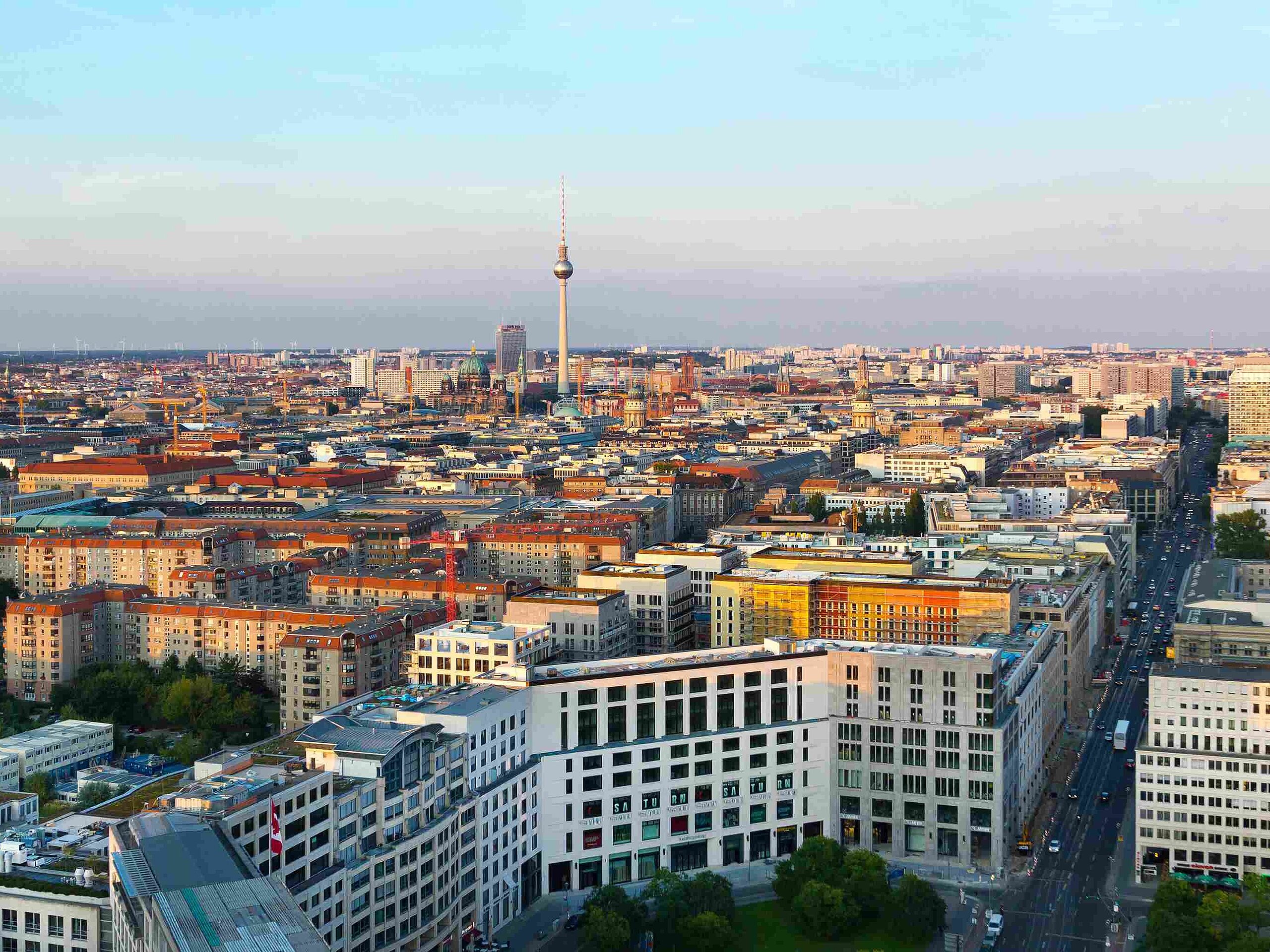
Environmental Noise Directive
The EU Environmental Noise Directive 2002/49/EC establishes a framework for noise reduction. According to §§47a–f of the German Federal Immission Control Act (BImSchG), cities and municipalities are required to produce noise maps every five years for the types of noise caused by road traffic, rail traffic, air traffic, and industrial areas. So-called “quiet areas” must be designated. The public must be informed of the results and involved in the development of noise action plans.
We support cities and municipalities in professionally implementing the directive’s requirements.
Your Benefits:
- Efficient Processing: With our geodata and environmental simulation team, efficient modeling and mapping of environmental noise is ensured—even in large metropolitan areas.
- Conflict Resolution: Thanks to our many years of experience in urban planning, conflicts are resolved in a practical manner in collaboration with municipalities as part of the action planning process.
- Identification and Protection of Quiet Areas: Quiet areas—such as parks, green spaces, or tranquil residential neighborhoods—are identified through noise mapping and can be specifically protected from future noise pollution.
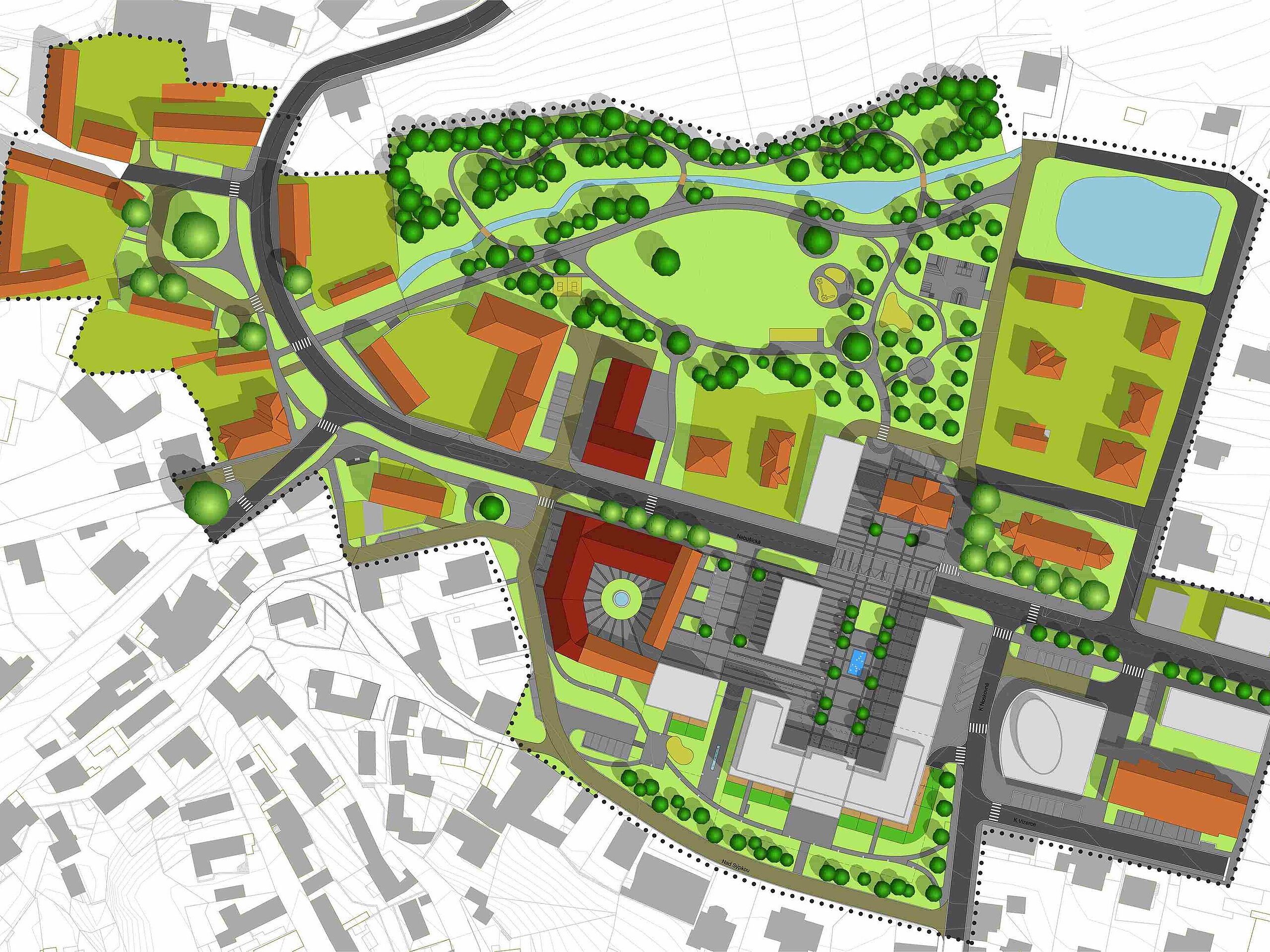
Design Competitions
Design competitions are a key instrument in urban planning and architecture. They enable the development of innovative and viable solutions for complex planning tasks. Müller-BBM provides expert support for competitions—for example, through acoustic pre-assessments, environmental analyses, or evaluations of aspects related to emission control legislation.
Your Benefits:
- Support during the competition announcement: Through interdisciplinary expert reports with fundamental planning recommendations, participants receive reliable foundations during the announcement phase to develop solution-oriented urban and architectural designs.
- Scientifically grounded decision-making: Expert opinions and assessments on noise, air quality, climate, or vibrations provide juries with robust criteria for evaluating submissions.
- Sustainable planning quality: Early integration of technical expertise helps prevent future conflicts and accelerates implementation. Competition entries are optimized not only in terms of design, but also functionality and environmental impact—for future-proof solutions.


